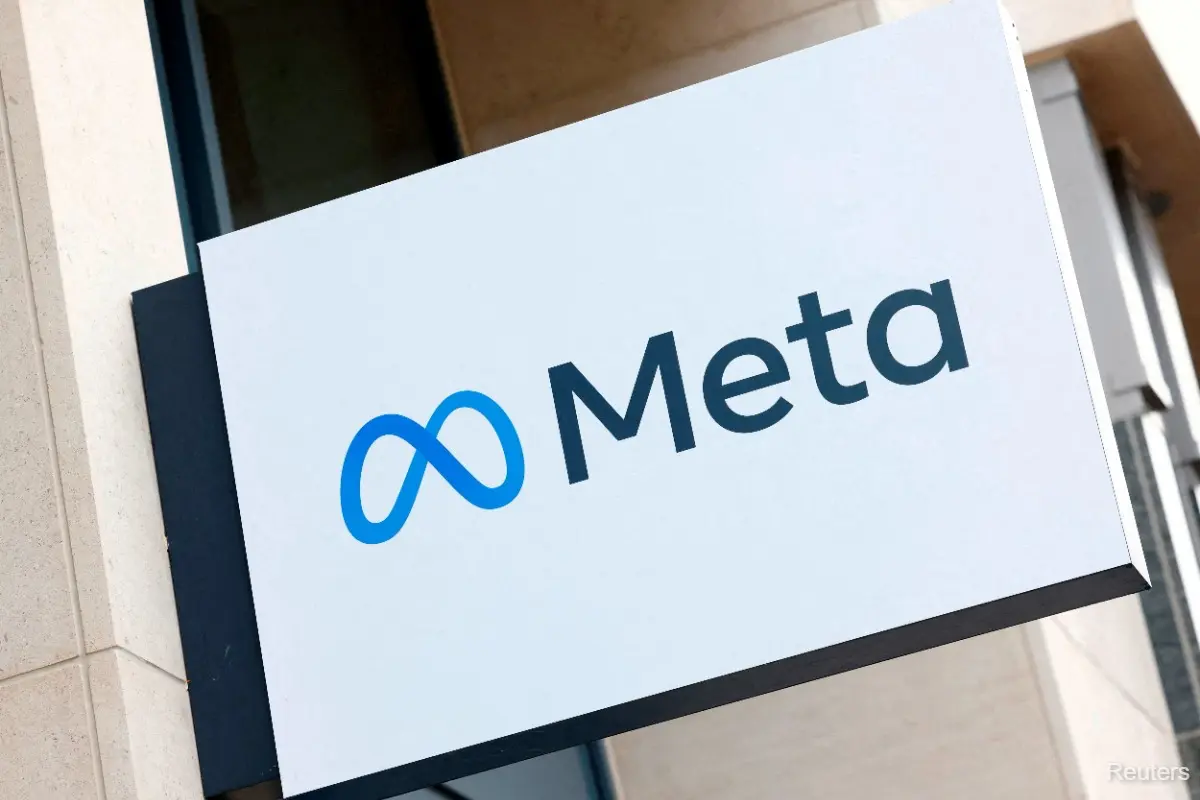World
Singapore Orders Meta to Use Facial Recognition to Tackle Scams

The Singapore government has mandated that Meta Platforms implement measures to combat impersonation scams on Facebook by the end of this month. This directive includes the introduction of facial recognition technology to help identify and curb fraudulent activities, particularly those targeting government officials.
The Ministry of Home Affairs issued this order on Wednesday, citing a significant increase in impersonation scams over the past year. In its statement, the ministry highlighted that scammers have been using videos and images of government officials to create misleading content that can deceive the public.
Failure to comply with this order could result in substantial penalties for Meta, including fines of up to S$1 million (approximately $776,639). Furthermore, the company may incur additional fines of up to S$100,000 for each day of continued non-compliance after the specified deadline.
Growing Concern Over Impersonation Scams
The recent enforcement action follows an earlier order from the police in early March 2024, which required Meta to establish anti-scam measures against fake advertisements, accounts, and profiles impersonating prominent government figures. Unlike this most recent directive, that order did not stipulate a compliance deadline.
According to the Ministry of Home Affairs, there has been a marked rise in impersonation scams between June 2024 and June 2025. The government emphasized that while Meta has initiated steps to mitigate the risks of impersonation scams globally, including in Singapore, there remains serious concern about the prevalence of these scams within the country.
The directive is significant as it marks the first enforcement under Singapore’s Online Criminal Harms Act, which took effect in February 2024. This legislation underscores the government’s commitment to holding social media platforms accountable for facilitating online criminal activities.
The Ministry of Home Affairs reiterated its stance, stating, “While Meta has taken steps to address the risk of impersonation scams globally, the Home Affairs Ministry and the Singapore Police Force remain concerned by the prevalence of such scams in Singapore.”
As of now, Meta has not issued a public response regarding the new compliance requirements. The situation highlights the ongoing challenges that social media platforms face in regulating content and preventing fraud, especially in a digital landscape where impersonation can have serious consequences for individuals and institutions alike.
-

 Health3 months ago
Health3 months agoNeurologist Warns Excessive Use of Supplements Can Harm Brain
-

 Health3 months ago
Health3 months agoFiona Phillips’ Husband Shares Heartfelt Update on Her Alzheimer’s Journey
-

 Science1 month ago
Science1 month agoBrian Cox Addresses Claims of Alien Probe in 3I/ATLAS Discovery
-

 Science1 month ago
Science1 month agoNASA Investigates Unusual Comet 3I/ATLAS; New Findings Emerge
-

 Science4 weeks ago
Science4 weeks agoScientists Examine 3I/ATLAS: Alien Artifact or Cosmic Oddity?
-

 Entertainment4 months ago
Entertainment4 months agoKerry Katona Discusses Future Baby Plans and Brian McFadden’s Wedding
-

 Science4 weeks ago
Science4 weeks agoNASA Investigates Speedy Object 3I/ATLAS, Sparking Speculation
-

 Entertainment4 months ago
Entertainment4 months agoEmmerdale Faces Tension as Dylan and April’s Lives Hang in the Balance
-

 World3 months ago
World3 months agoCole Palmer’s Cryptic Message to Kobbie Mainoo Following Loan Talks
-

 Science4 weeks ago
Science4 weeks agoNASA Scientists Explore Origins of 3I/ATLAS, a Fast-Moving Visitor
-

 Entertainment4 months ago
Entertainment4 months agoLove Island Star Toni Laite’s Mother Expresses Disappointment Over Coupling Decision
-

 Entertainment3 months ago
Entertainment3 months agoMajor Cast Changes at Coronation Street: Exits and Returns in 2025









